Program
10:30am
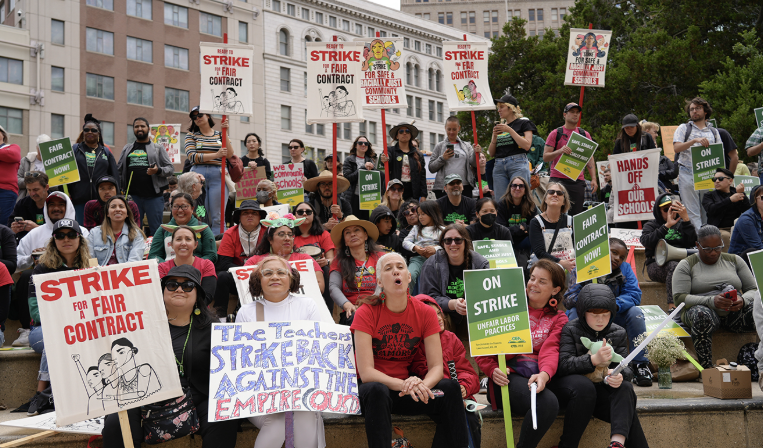
Class is a fundamental feature of capitalism. It’s clear to see that our society is divided into different classes, but what does class actually mean? Who makes up the working class? Who makes up the ruling class? Socialists need to understand this key question—not only to understand the world, but so we can change it!
Suggested reading:
– What is social class? by Danica Rachel
– Competition: capitalism’s irrational engine by April Holcombe
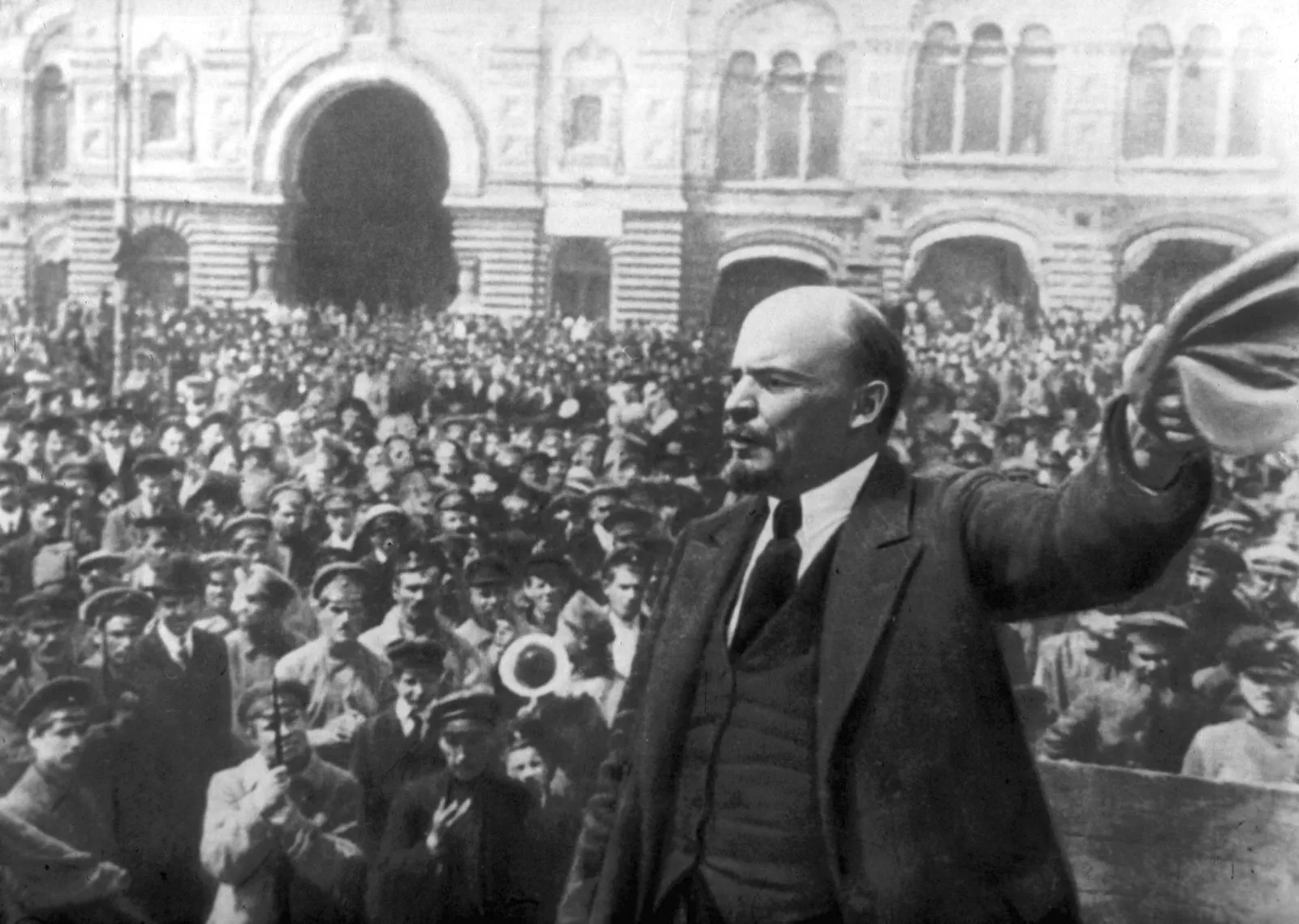
The Russian Revolution of 1917 is a defining moment in world history. Workers, peasants, and soldiers overthrew a hated monarchy and took power into their own hands. For that reason, the revolution is also one of history’s most controversial events. Conservative historians and pundits disparage it; socialists look to it for inspiration. But—like it or loathe it—none deny the decisive role played by the Bolsheviks in the events of 1917. This session will explore the lessons that revolutionaries today can learn from the Russian Revolution and the Bolshevik Party.
Suggested reading:
– The Bolshevik revolution: why a revolutionary party matters by Sadia Schneider
– Chapter ‘Party and Revolution’ in Lenin and the Revolutionary Party by Paul le Blanc
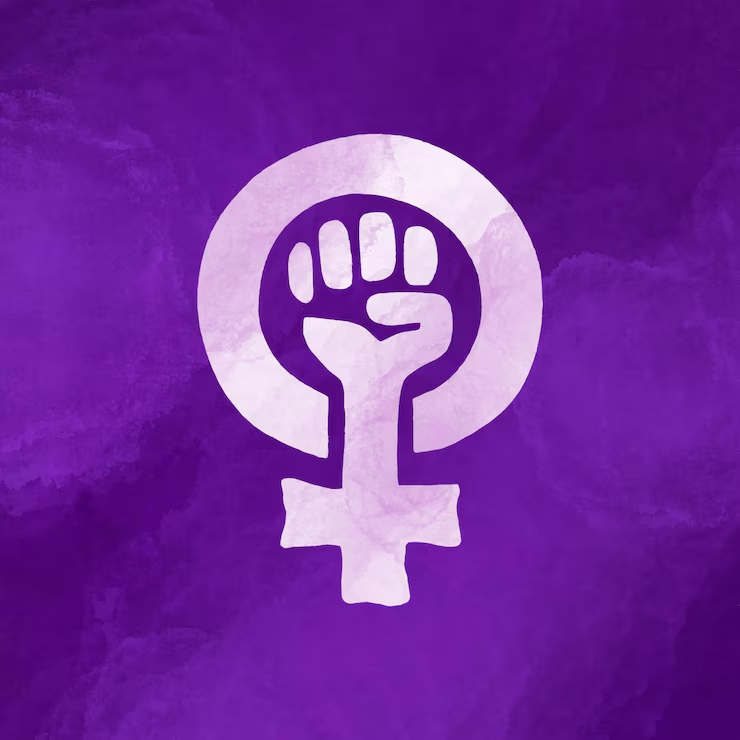
Radical feminism is one of the most enduring political currents to emerge from the Women’s Liberation movement. The arguments made by theorists like Andrea Dworkin, Shulamith Firestone and Kate Millett present the case for patriarchy theory, and posit that gender is the central divide in our society. This session will dissect radical feminist theory and practice, contrasting it with the Marxist case for understanding the oppression of women as a key component of the capitalist system more broadly.
Suggested reading:
– Sexual politics by Kate Millet
– Radical Feminism by Shulamith Firestone in The New Yorker
1:00pm
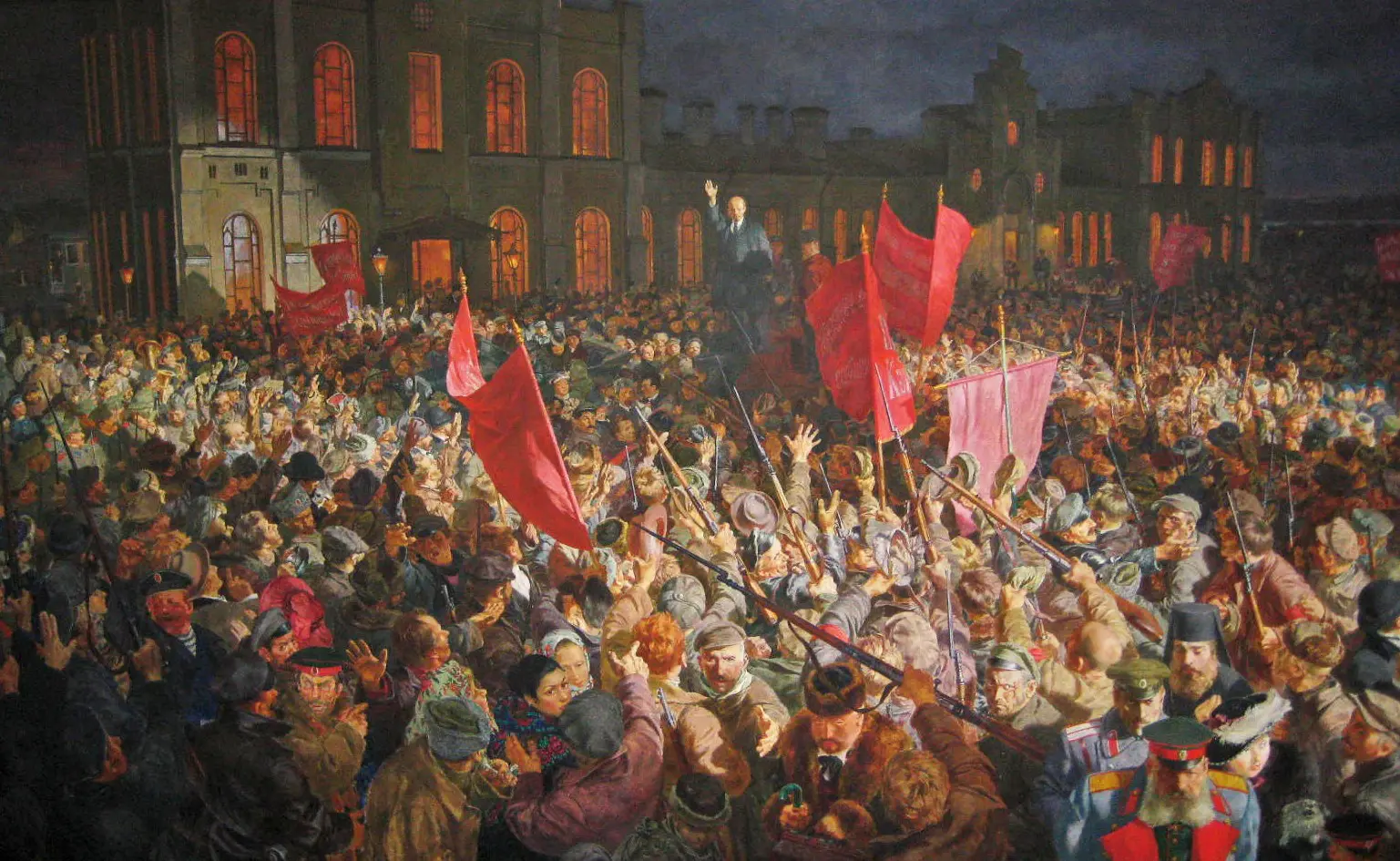
Every new public opinion poll shows growing support for socialism. More and more people know that capitalism has got to go, but how do we get to socialism? Will capitalism just collapse of its own accord? Can we vote our way to a more equal society? This session will make the case for revolution as the only possible way to get rid of capitalism and replace it with a radically different socialist society.
Suggested reading:
– Revolution is the heart of socialism by Sarah Garnham
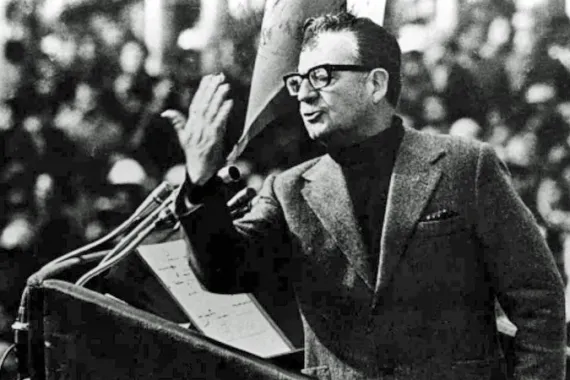
In 1970, Salvador Allende was elected president of Chile on the promise of a peaceful parliamentary road to socialism. Three years later, Allende was murdered and his government overthrown in a military coup that installed a dictatorship under General Augusto Pinochet. For socialists, the failure of Allende’s reformist strategy holds important lessons.
Suggested reading:
– What happened in Chile? by Tom Sullivan
– Revolution and counter-revolution in Chile by Mike Gonzalez
– The left and the coup in Chile by Mike Gonzalez
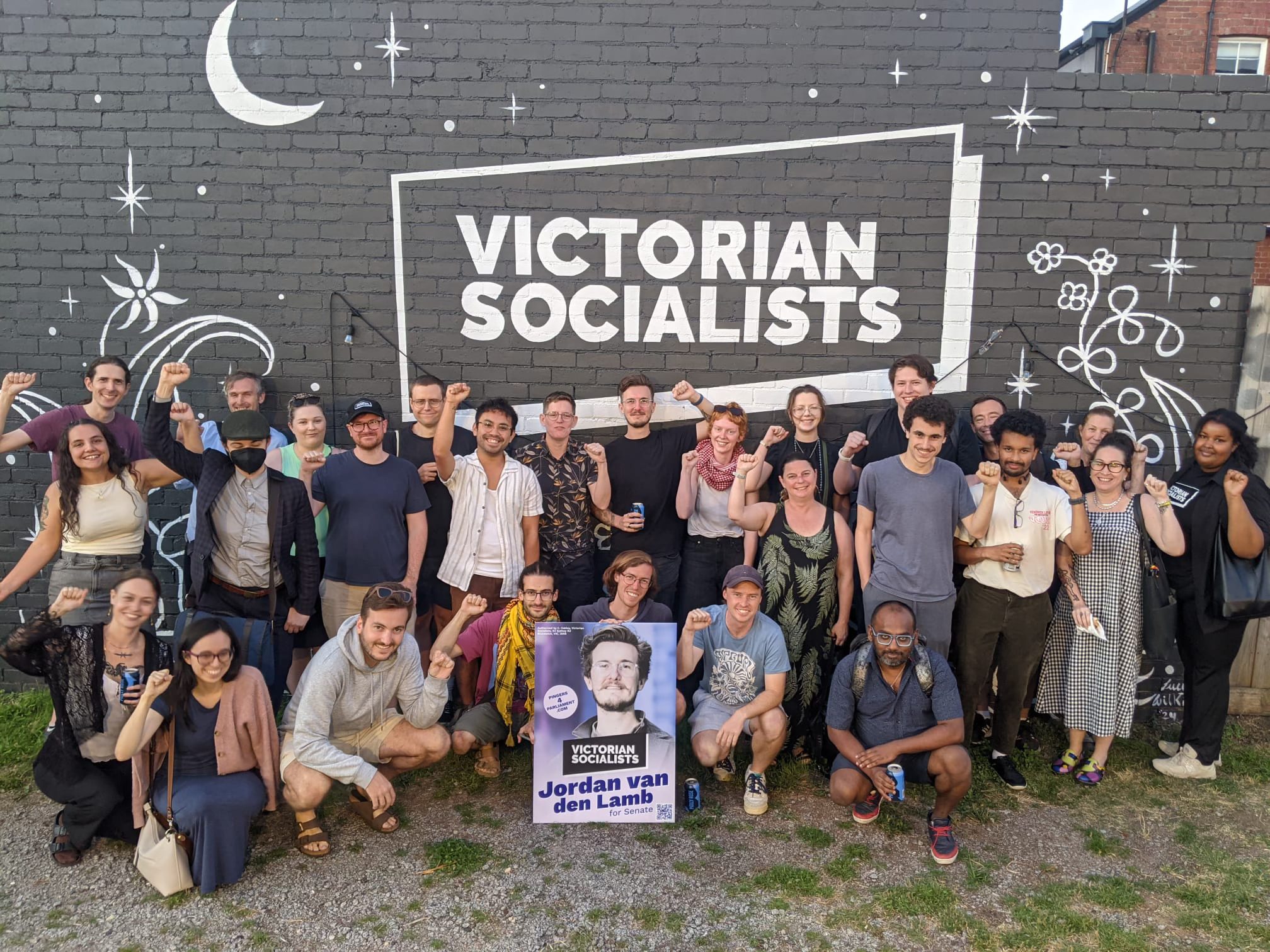
Revolutionary socialists have long debated the best strategy for approaching elections under capitalism. With an understanding that slow, peaceful reform can never deliver real socialism, the electoral sphere can nonetheless be an important site to intervene into politics, build the profile of socialist ideas and grow the revolutionary left. This talk will explore the debates around elections, past and present.
Suggested reading:
– Why do socialists run in elections? by Jerome Small
– The Ballot, the Streets—or Both? From Marx and Engels to Lenin and the October Revolution by August Nimtz
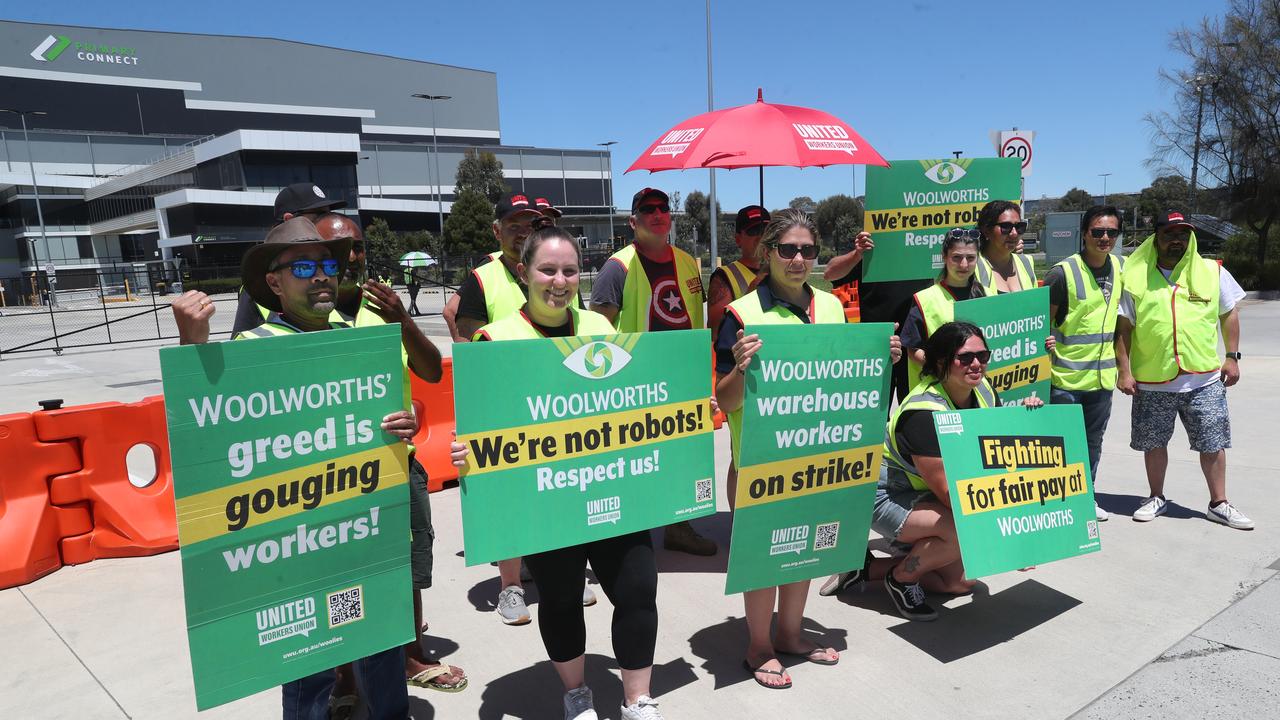
As wages stagnate and billionaires rake in the profits, it’s clear that we urgently need a revival of militant class struggle in Australia. Come to this session to discuss the state of the union movement today and what role radicals can play in its rebuilding.
Suggested reading:
– What can we learn from past union revivals? by Jerome Small
2:30pm
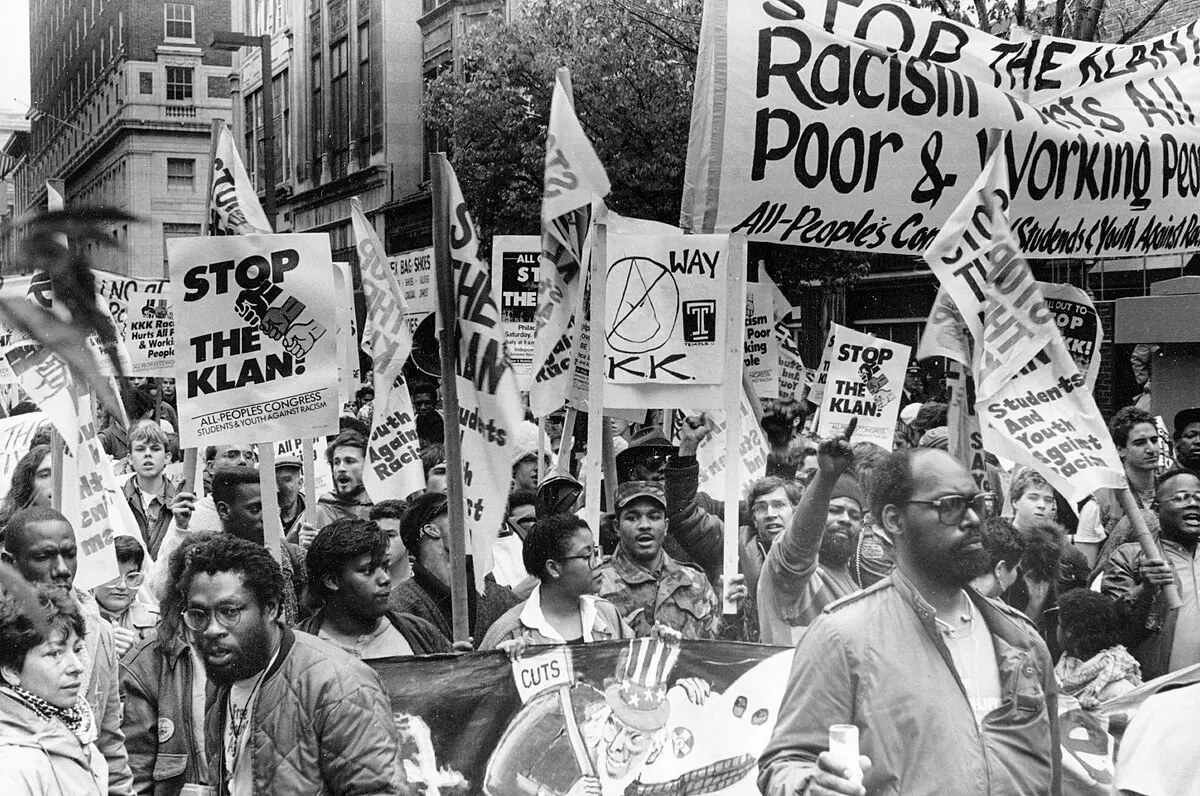
Oppression is rife in capitalist society. Sexism, racism, transphobia, and other forms of oppression keep millions marginalised, vilified, and impoverished. Socialists fight for a world without oppression, so it is crucial to understand it. Where does it come from? Who benefits from it? How do we best fight against it? This session will set out the socialist strategy for fighting against and ultimately ending oppression.
Suggested reading:
– How oppression can be ended by Louise O’Shea

How do we fight the far right? The question of fascism and how to defeat it has been a vital question for the socialist movement since the rise of fascism in Italy and Germany. In Germany, Hitler’s Nazi Party set out to crush the workers’ movement and its institutions, but at the moment the Nazis took power in 1933, the Socialist and Communist parties stilled claimed millions of members and supporters. This session will explain how the Nazis were able to take power in Germany and the failure of the left to stop them.
Suggested reading:
– Chapter ‘Social Fascism: the path to Nazi victory in Germany’ in The Fight for Workers’ Power by Tom Bramble and Mick Armstrong
– Fascism: What it is and how to fight it by Leon Trotsky
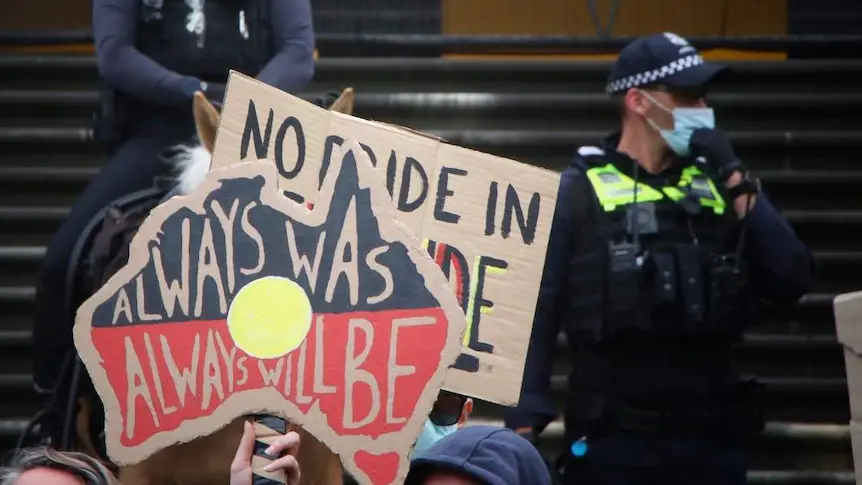
Indigenous oppression is a brutal and enduring feature of contemporary Australian capitalism. Working out a clear strategy for winning justice for Indigenous people should be a priority for the left, but the debate is muddied by a whole series of competing theories around the question. This session will contrast one of the most popular frameworks – settler-colonial theory – with the Marxist argument for smashing capitalism to win real liberation for Indigenous people.
Suggested reading:
– Capitalism, colonialism and class: A Marxist explanation of Indigenous oppression today by Jordan Humphreys in Marxist Left Review

A terrifying global arms race is underway, with hundreds of billions of dollars being diverted from welfare programs to fund weapons and war. Australia is no exception. At the heart of it all is the rising tension between the US and China. How should the left respond to modern-day militarism and the threat of further war?
Suggested reading:
– Resist the new militarism by Eleanor Morley
4:00pm
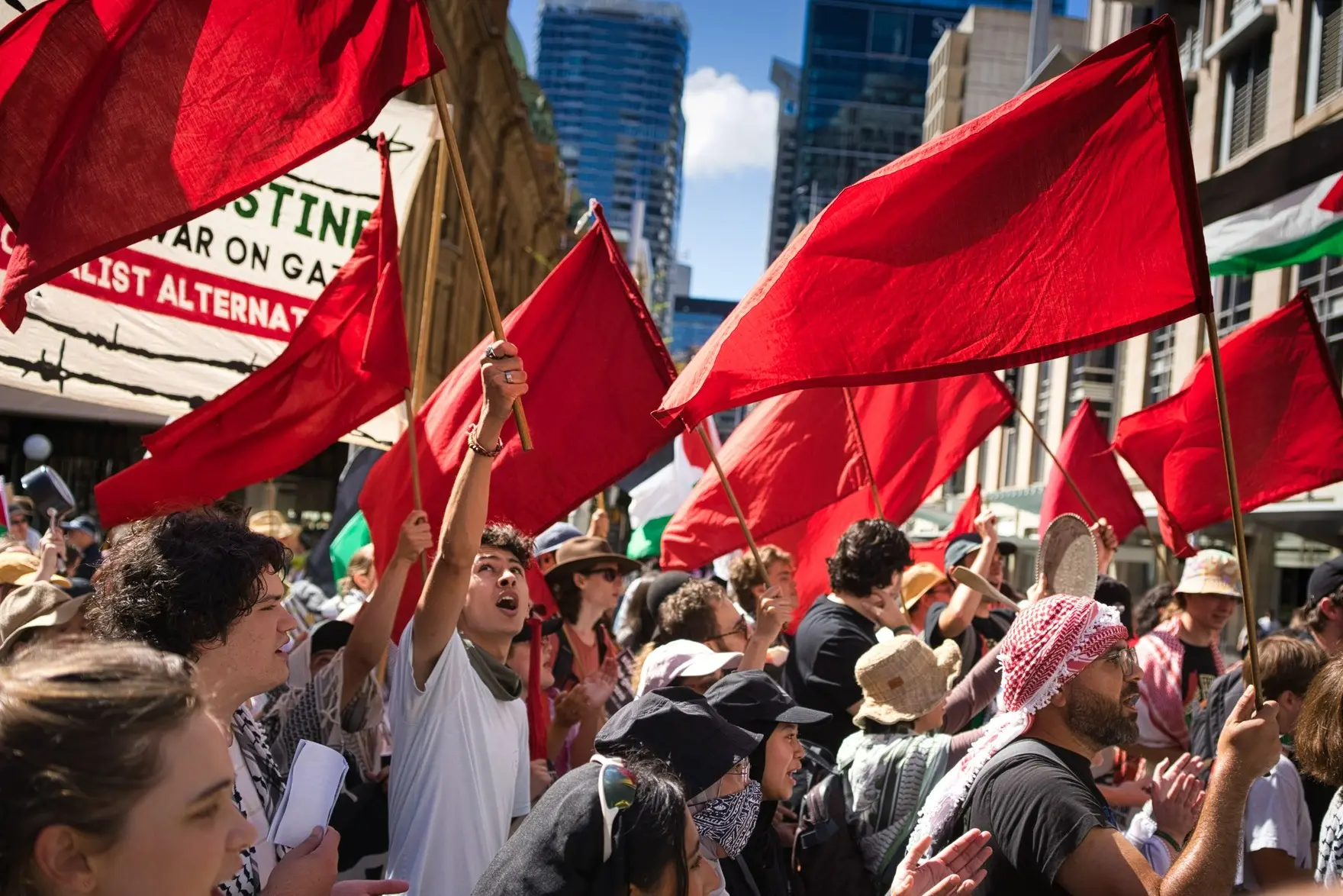
Socialists need to be organised and put their ideas into practice. Marx himself had little time for philosophers who “only interpreted the world”—for Marxists, “the point is to change it”. But what kind of organisations do socialists need? This session will round out the Foundations stream by answering that central question.
Suggested reading:
– What kind of organisation is Socialist Alternative by Luca Tavan
– Chapter ‘The revolutionary party and our project today’ in Introducing Marxism by Tom Bramble

For left-wing people who hate capitalism, anarchism can seem to be a more radical alternative to socialism. In early Republican Spain, the anarchists commanded a large following as leaders of the labour movement. But the 1936 military coup led by General Francisco Franco and the civil war that followed put anarchist ideas to the test. This session will explain how anarchism failed the workers’ movements during one of the most important revolutions of the 20th century.
Suggested reading:
– Chapter ‘The Spanish revolution: Anarchism put to the test’ in The Fight for Workers’ Power by Tom Bramble and Mick Armstrong
– Anarchists in the Spanish Civil War by Geoff Bailley in International Socialist Review
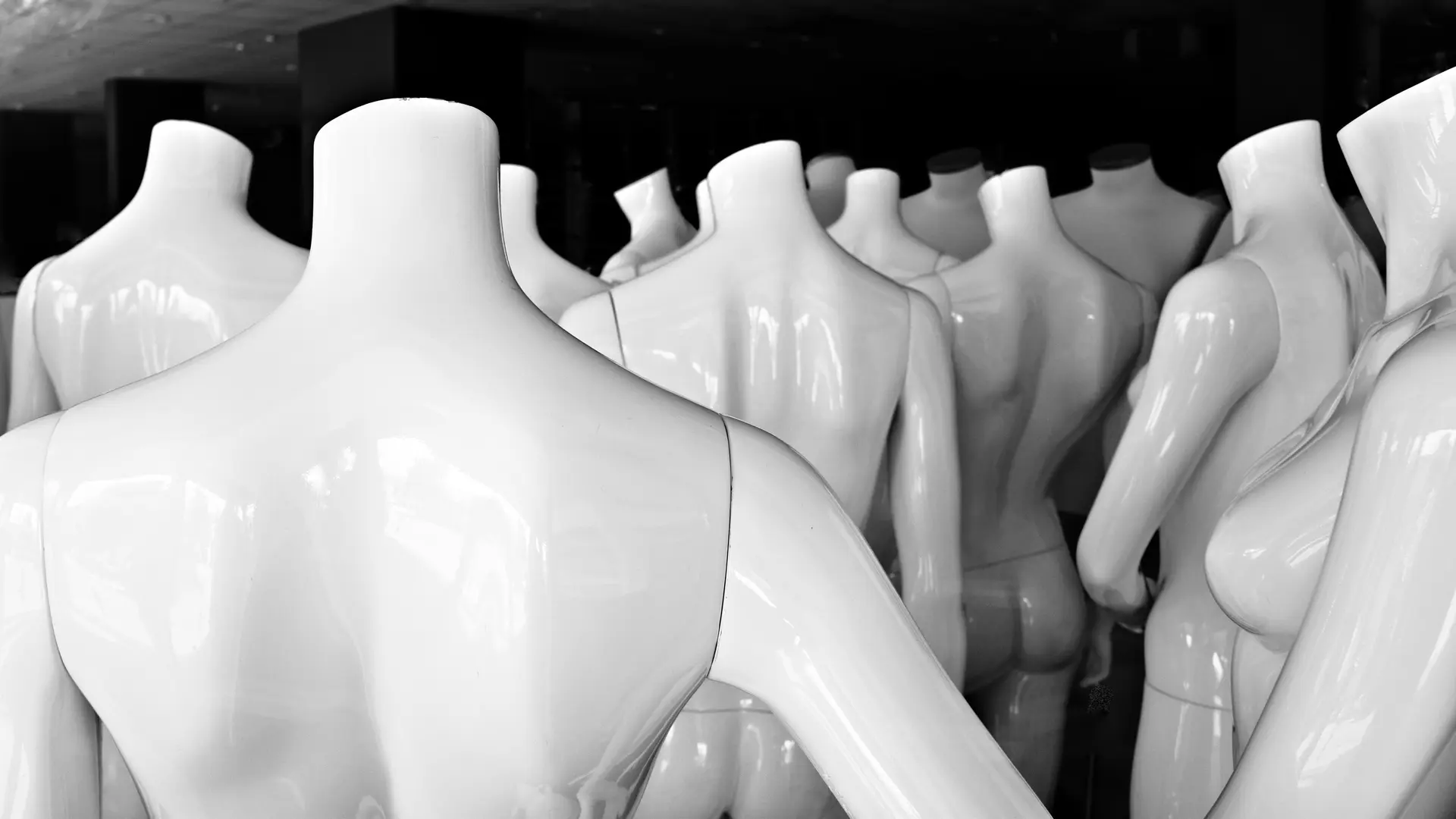
Despite the progress made over the last 50 years, women in today’s society have never been more objectified. Industries that thrive off shaming and scrutinising every aspect of women’s appearances are booming. The sex industry is increasingly normalised, and with it, attitudes that women exist merely to service men. This session will look at why this is happening, who is benefitting from this dire situation, and how it can be challenged.
Suggested reading:
– The everyday horror of modern sexism by Anneke Demanuele
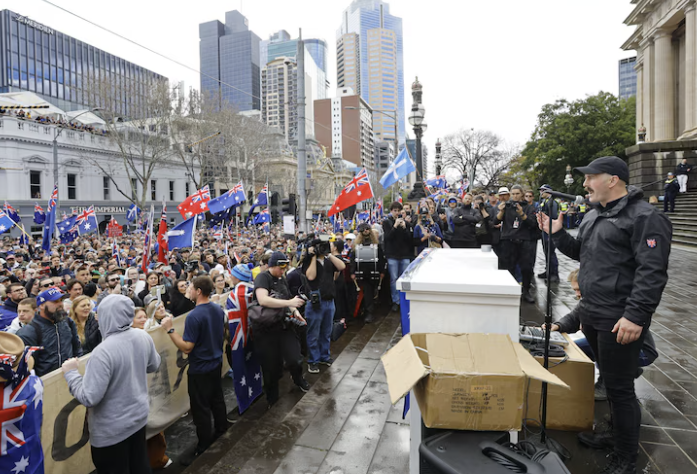
The far right have re-emerged as a force in Australian politics, flexing their numbers in a series of racist anti-immigration rallies lead by neo-Nazis. This movement has been cohered around a deep hostility to migration but they’ve also built themselves up around a whole host of reactionary politics, including anti-Indigenous racism, conspiracy theories and opposition to Covid lockdowns. This session will explore the politics of the new far right and how capitalism provides fertile ground for them to grow.
Suggested reading:
– When fascists march the left must get organised by Omar Hassan
6:30pm

FEATURED SPEAKERS
Liam Ward is a socialist film-maker, historian and activist. He has been active in the socialist movement since joining the campaign for refugee rights in the Howard era. He is a lecturer in the School of Media and Communication at RMIT University, Melbourne.
Jasmine Duff is a national co-convenor of Students for Palestine. She was an organiser of the Gaza solidarity encampments which swept across the country and writes regularly for Red Flag.